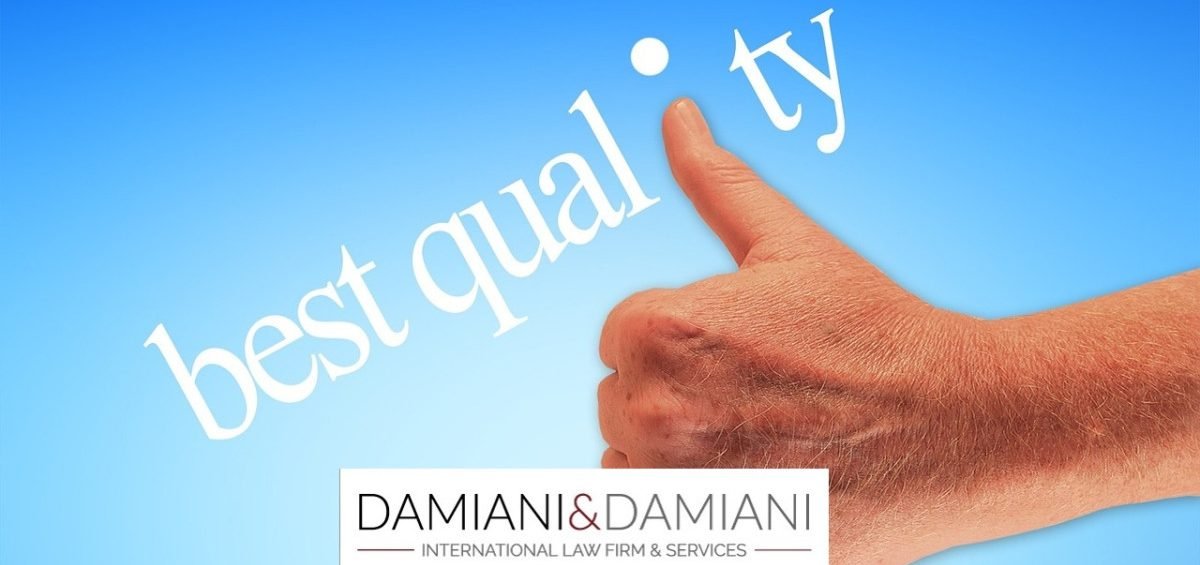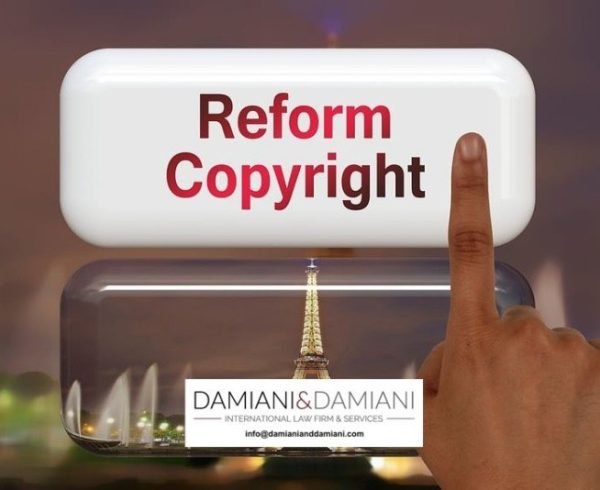Law No. 102 of 24 July 2023 reforming the Industrial Property Code (IPC) came into force on 23 August 2023. One of the main innovations is the strengthening of the Protected Designations of Origin (PDOs) and Protected Geographical Indications (PGIs) by introducing a ban on the registration of trademarks that are evocative, usurpative or imitative of, for example, PDOs and PGIs. This prohibition also includes products or services different from the protected product.
Understanding Trademark Law, Trademark Law Fundamentals applied to Evocative Marks
The recent amendments to the Industrial Property Code emphasise the importance of avoiding consumer confusion regarding the origin and quality of products. Article 14, which has now been revised, imposes an explicit limitation against the registration of trademarks that are capable of deceiving the public. In fact, any signs likely to mislead the public, particularly as to the geographical origin, nature or quality of the goods or services, or as to the type of mark, as well as signs that evoke, usurp or imitate geographical indications and designations of origin protected under state or European Union law, including international agreements to which Italy or the European Union is a party, are virtually prohibited. This provision is crucial to maintaining the integrity of evocative trademarks which, by their nature, must evoke certain qualities without being misleading.
Differences between Evocative, Arbitrary and Descriptive Marks in Trademark Law
Guidance on the use of trademarks for SMEs can be found in the Italian Ministry of Enterprises and Made in Italy trademark guide. Evocative trademarks differ from arbitrary and descriptive in the way they evoke a mental image without explicitly describing the product. While descriptive trademarks tend to be weak from a legal point of view because of their being immediately descriptive, evocative trademarks play on a fine balance between allusion and direct distinction, which makes them more powerful but also more complex to manage legally.
Preventive Strategies for Brand Protection. The Importance of Background Research to Prevent Disputes
Before registering an evocative trademark, it is essential to conduct a background research. This step helps identify any similar trademarks already registered, thus minimising the risk of future legal disputes and ensuring the trademark is distinctive and complies with the applicable law.
Trademark Registration: Key Steps and Practical Considerations
Registering a trademark at the Italian Patent and Trademark Office (UIBM) is a necessary step for trademark protection but one that requires careful attention to several details, including compliance with new regulations on PDOs and PGIs. Effective registration serves not only to legally secure the trademark but also to strengthen its commercial value and market recognisability.
Managing Violations and Disputes, Identifying and Reacting to Trademark Infringements
When an infringement is identified, it is vital to act quickly. Remedies can range from mere legal notices to court actions, depending on the severity of the infringement and the attitude of the offender. It is essential to work with specialist IP lawyers to navigate these frequently complex waters.
Using Legal Actions to Defend an Evocative Mark
In case of major violations, it might be necessary to take legal action to defend trademark rights. The new legislation also offers the possibility to act in alternative to court action, a development that can provide a quicker and less costly route to resolving disputes. This amendment to the law was welcomed by the associations, since it significantly strengthens the protection of PDOs and PGIs against brands that may confuse them, and represents an important step towards safeguarding the authenticity and quality of Italian products. This law aims to reinforce the fight against any attempts to take unfair advantage of the reputations established by Italian and European protected designations, safeguarding the identity and integrity of internationally recognised products.














